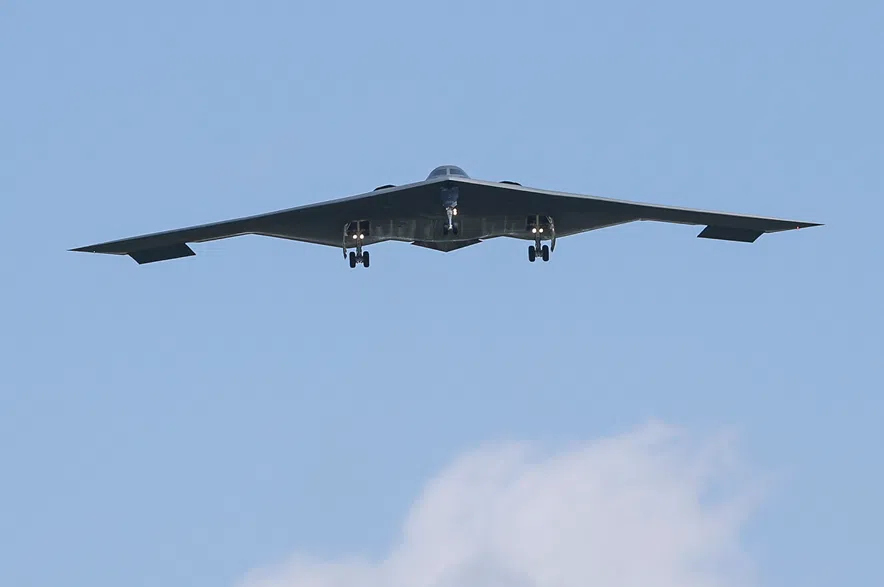The United States carried out air strikes on three Iranian nuclear sites on Saturday, joining Israel’s efforts to shut down the country’s nuclear program.
Pooyan Arab, executive director of the Saskatoon Iranian Cultural Association, said he was shocked to learn of the attacks, but believes the Iranian government brought the conflict on itself.
Read More:
- U.S. hits three Iranian nuclear sites, Trump says, joining Israeli air campaign
- Carney says Middle East ‘highly volatile’ after U.S. strikes Iran, calls for calm
- Iranian Canadians and others watch and worry after U.S. strikes on nuclear sites
The following questions and answers have been edited for length and clarity.
650 CKOM: What was your initial reaction to the attack?
POOYAN ARAB: That is a tough question to answer. I think, with the approach that the Iranian regime had taken over the last couple of years – and especially in the last couple of weeks – it was an inevitable step that would be taken by the U.S. The strongest thought that I had was the Iranian government has spent so much of the country’s resources into this program, and it was all with a predetermined end, so it was just a waste of the resources of the country.
Were you surprised by the attacks?
ARAB: I was shocked, based on the approach of President Trump that was to not start any new conflicts in the Middle East. I think it was preventable if the Iranian government actually committed to negotiations … if they pursued diplomatic solutions, we would not be in this place in the first place.
What do you hope to see Prime Minister Mark Carney and Canada do?
ARAB: I think what matters to the majority of Iranians in Canada is basically taking a harsh stance against the Iranian government… and making sure they don’t find a new place to promote what they’re doing in Canada.
Can you describe your emotions while seeing this unfold?
ARAB: Concerns about family safety is an ongoing emotion right now for everyone. The problem that we have is that everything at this point in time is unpredictable. We don’t know what is going to happen next. With the players that are basically controlling the situation, none of them are predictable. None of them follow what would be considered a normal diplomatic path to decision making.
Are you worried that the conflict could jeopardise your safety here?
ARAB: Every Iranian who is somehow politically active abroad, there are safety concerns. For those who are less active, there are concerns when they return to Iran. That is an ongoing concern and I think that we don’t know what the Iranian regime is going to do next. That also makes us worried about what would happen in Iran after we have a weakened government by these attacks. So the next logical step once this conflict is over is potentially a suppression of voices inside Iran.
What else should people watching the conflict be aware of?
ARAB: This situation in Iran has a lot of conflicting emotions for the Iranian people. From one side we definitely do not support the Iranian government. Anything that would lead to them basically weakening and the potential for opening up the political space in Iran is a positive thing. On the other hand, there are civilian casualties, there are attacks on the country’s infrastructure, which are definitely not welcome.











